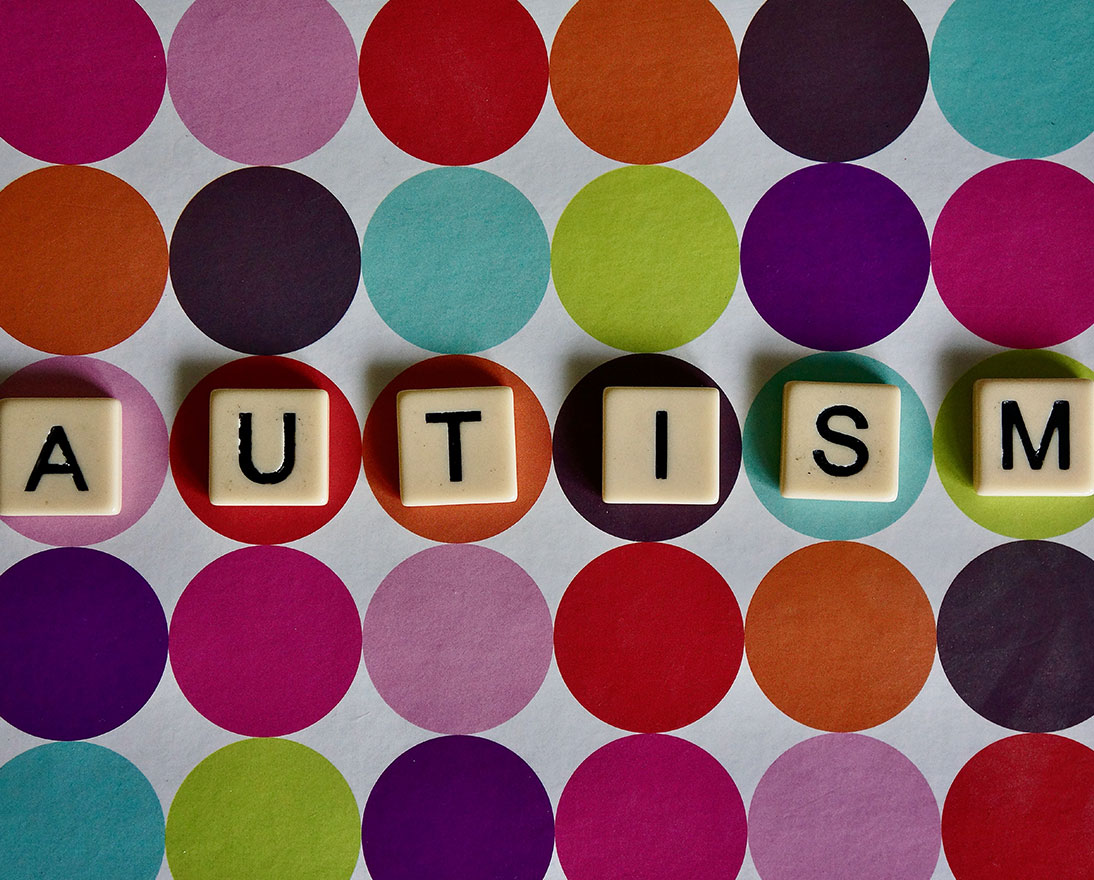5 reasons for drinking coffee in the workplace
WellbeingArticleMay 16, 20237 min read
Enjoyed by millions every day, the benefits of coffee in the workplace are numerous. In fact, it feels as if coffee powers a significant proportion of the global workforce. Here, we explore five ways that coffee can make you sharper, healthier and happier at work.
Drinking a cup of coffee is how millions of people start their working day, alongside firing up the PC, checking social media and scanning the inbox for signs of an impending crisis. But the benefits of coffee in the workplace go beyond just a morning ritual.
Coffee is one of the world’s most popular hot beverages, with more than 2 billion cups of it poured every day. To many, it has become as essential to a successful day at work as high-speed broadband. But does it really help us work smarter, faster and longer as many coffee-drinkers claim?
Here, we investigate five ways drinking coffee at work really can make a positive difference. From boosting brain function and increasing productivity, to providing necessary breaks and enhancing workplace communication.
1. Meeting and greeting
As every coffee drinker knows, canteen runs and coffee breaks are part of the social glue that enables work colleagues to stay connected. During the COVID-19 pandemic, when millions of people around the world were forced to work from home, we soon realized how crucial these everyday interactions and social rituals are to our mental wellbeing. It’s worth pausing to consider just how many of them are built around the humble cup of coffee.
Many employers have already recognized the positive impact coffee can have on its people. In fact, coffee was high on the priority list when Zurich Insurance Group designed and then opened its new global HQ, the Quai Zurich Campus, in the Swiss city.
“We underwent a rigorous taste test to decide which brand of coffee beans to use in our office and we ensured the new coffee machines could create barista quality coffee with both oat milk as well as regular milk,” says Régine Bischofberger, Head Employee and Guest Services at the Quai Zurich Campus. “You can hardly tell the difference between the coffee from the machine and that made by a barista.”
2. Firing up the brain
The most frequently quoted reason for drinking coffee at work, especially at the start of the day, is that it “wakes us up” and gets our brains humming and ready for action. Coffee does boost energy levels and helps to stave off tiredness thanks to the key stimulant it contains, caffeine, which is also the world’s most commonly consumed psychoactive substance.
As you sip your morning brew, the caffeine is absorbed into your bloodstream and travels to your brain, where it blocks an inhibitory neurotransmitter called adenosine. Thanks to the reduced supply of adenosine, the quantity of other neurotransmitters in the brain, such as dopamine (which is sometimes called the “feel good” neurotransmitter) rises, leading to increased neural activity. In this way, coffee literally fires up brain activity.
A range of scientific studies have shown that coffee increases alertness and enhances performance, and even improve cognitive function, mood and perception of fatigue.
3. Boosting the body
Many athletes like to drink coffee shortly before they compete and there is scientific evidence to support the idea that a cup of coffee strengthens the body as well as the mind. This is also thanks to caffeine, which stimulates the nervous system, telling the body’s fat cells to start breaking down body fat (another handy benefit – although it doesn’t magically translate to weight loss) to make free fatty acids available as fuel.
Caffeine also boosts levels of the hormone adrenaline, which leads to an increase in heart rate, muscle strength, and the rate at which your body metabolizes sugar. As a result, studies have found that caffeine can improve physical performance by more than 10 percent. So whether you’re about to head to the gym or dive into a four-hour brainstorming session, a mug of hot coffee – or during the summer, iced coffee – will prepare you for the battle ahead.
4. Taking a break
There is healthy debate among both employees and social scientists about how frequently you should take a break at work. Many swear by the Pomodoro Technique, which was invented in the 1980s by university student Francesco Cirillo and named after the tomato-shaped kitchen timer that Cirillo used to boost his own productivity. (Pomodoro is Italian for tomato.) The essence of Cirillo’s technique is that you should focus on a single task for 25 minutes and then take a five-minute break.
The importance of taking regular breaks is underlined by a study that used a time-tracking productivity app to reveal the thing the most productive 10 percent of employees surveyed had in common: they took regular breaks.
As John Trougakos, associate professor of Organizational Behavior and HR Management at the University of Toronto, commented in a blog post: “All efforts to control behavior, to perform and to focus draw on [a] pool of psychological energy. Once that energy source is depleted, we become less effective at everything that we do.” And aside from a lunchbreak, what’s the best way to make sure you step away from your screen at regular intervals throughout the day? That’s right: a trip to pick up that all-important cup of coffee.
5. Health and happiness
With so much coffee being consumed at work every day, it’s encouraging to know that coffee offers an excellent range of long-term health benefits, too. As well as containing vitamins and minerals (including vitamins B2, B3, B5, manganese and potassium), coffee may lower your risk of type 2 diabetes, increase fat-burning by as much as 10 percent in obese people and 29 percent in lean people, lower the risk of Alzheimer’s and Parkinson’s disease and may even protect against cirrhosis of the liver and certain types of cancer. (Studies have shown that coffee drinkers have up to a 40 percent lower risk of liver cancer, for example.) Scientists have also found evidence that coffee can combat depression, with one Harvard study reporting that women who drank four or more cups of coffee per day had a 20 percent lower risk of becoming depressed.
As we have seen, a humble cup of coffee boasts multiple benefits – but don’t keep drinking until you get the jitters. Caffeine does have negative effects too, especially if you take the habit to excess: more than four cups of coffee a day can lead to headaches, anxiety, agitation and irregular heartbeats.
Enjoyed in moderation though, coffee can help make workforces around the world sharper, happier and healthier. We should all drink to that!
A sustainable mug of coffee
When Zurich selected its coffee bean and coffee machine providers for its new Quai Zurich Campus, it wanted great taste and quality, but also for them to be good for the planet as well.
“We felt it was critical to negotiate on social value,” says Régine Bischofberger. “Along with a competitive offer, we wanted to make clear that everyone involved in providing products supported sustainable choices and methods all the way back to the source.”
Zurich selected the local coffee roaster ViCAFE, which is known for having an ethical, transparent and sustainable coffee supply chain that pays a premium to its coffee growers. The milk is sourced from a regional organic milk producer near Zurich. The cups are also sourced locally and made from 100% recycled paper, which Zurich recycles in a nearby plant.
And finally, together with Zurich, ViCAFE and the coffee machine supplier have created a USD 100,000 social fund that invests in sustainable clean water, sanitation, or hygiene projects, and even CO2 neutral farming, farmer crop resilience programs, and organic farming.



